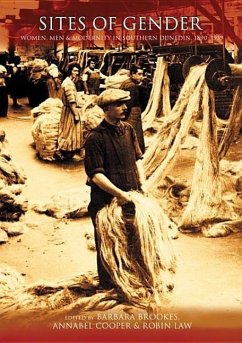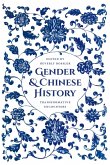This comprehensive analysis of gender in the working-class New Zealand suburbs of Dunedin illustrates the ideological changes that became manifest in the period from 1893, when New Zealand became the first country to grant suffrage to women, to 1940. Quantitative and qualitative data on work, education, consumption, leisure, poverty, mobility, transportation, health, religion, and marriage in this community offer insight into the changing gender roles during this time. This major contribution to gender studies research considers the impact of sociology, urban planning, and geography in societal change.
Hinweis: Dieser Artikel kann nur an eine deutsche Lieferadresse ausgeliefert werden.
Hinweis: Dieser Artikel kann nur an eine deutsche Lieferadresse ausgeliefert werden.








